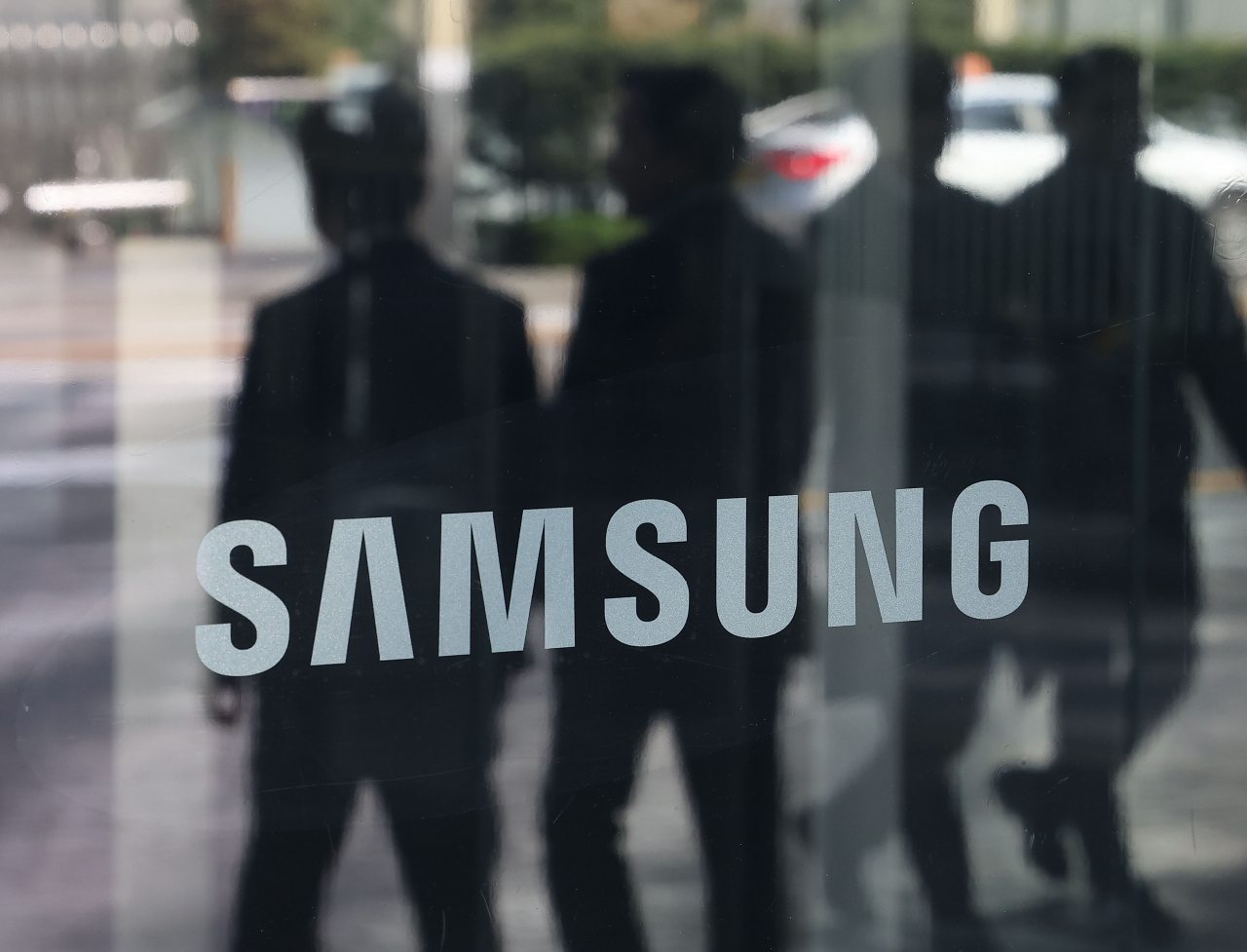Samsung Electronics may face 1st labor strike over wage deadlock
By Jie Ye-eunPublished : May 3, 2023 - 15:01

Samsung Electronics could face its first-ever labor strike as unionized workers have secured the right to legally conduct a walkout after wage talks between the tech giant and unionists fell through.
According to industry sources Wednesday, Korea’s National Labor Relations Commission, a government agency under the Labor Ministry, held a steering session to arbitrate the wage deal a day earlier but ended up deciding to stop the talks due to an unbridgeable gap.
The Tuesday meeting marks the second attempt for the labor commission to arbitrate the two sides, preceded by a session held on April 27.
The latest decision has led the labor union, which consists of around 9,000 members, or 7.4 percent of the company’s employees, to secure the right to legally strike through a member vote.
There have been no strikes at Samsung since the tech giant was founded in 1969. The labor group had secured the right to strike last year after wage talks collapsed but did not take action.
The labor group is set to hold a press conference in front of Samsung Electronics’ Seocho building at 11 a.m. on Thursday to announce its position on the decision to end the mediation.
“A shabby wage increase may be a problem, but the biggest problem is that wage negotiations between the company and the labor-management council are illegal for non-union management,” the labor union said.
“The company has illegally concluded a wage agreement through the labor-management council instead of the union this year and last year.”
The labor-management council, elected to fulfill the will of the company, discusses working conditions such as wages with representatives from both the company and the employees. Samsung has decided its wage increase rate through the council every year. The council members are elected through an employee vote.
On April 21, the union declared a rupture in negotiations with the company, claiming that every time the group negotiates wages, Samsung “unilaterally” decides and announces its final decision.
The union negotiation body, which had initially demanded a 10 percent wage hike, suggested options between a higher wage increase rate than Samsung’s rival firms of at least 6 percent or a lump sum allowance, on top of the withdrawal of 17.7 hours of fixed overtime payments. However, nothing has been accepted, it said.
Separately, Samsung announced that it agreed to an average wage increase this year of 4.1 percent -- a 2 percent basic increase with a 2.1 percent performance increase -- through the labor-management council on April 14.
Due to the tech giant’s worsening business conditions coupled with a global economic downturn, Samsung also effectively put on hold the increase in the compensation limit for registered executives.



![[Herald Interview] 'Amid aging population, Korea to invite more young professionals from overseas'](http://res.heraldm.com/phpwas/restmb_idxmake.php?idx=644&simg=/content/image/2024/04/24/20240424050844_0.jpg&u=20240424200058)















![[Today’s K-pop] Kep1er to disband after 2 1/2 years: report](http://res.heraldm.com/phpwas/restmb_idxmake.php?idx=642&simg=/content/image/2024/04/25/20240425050792_0.jpg&u=)